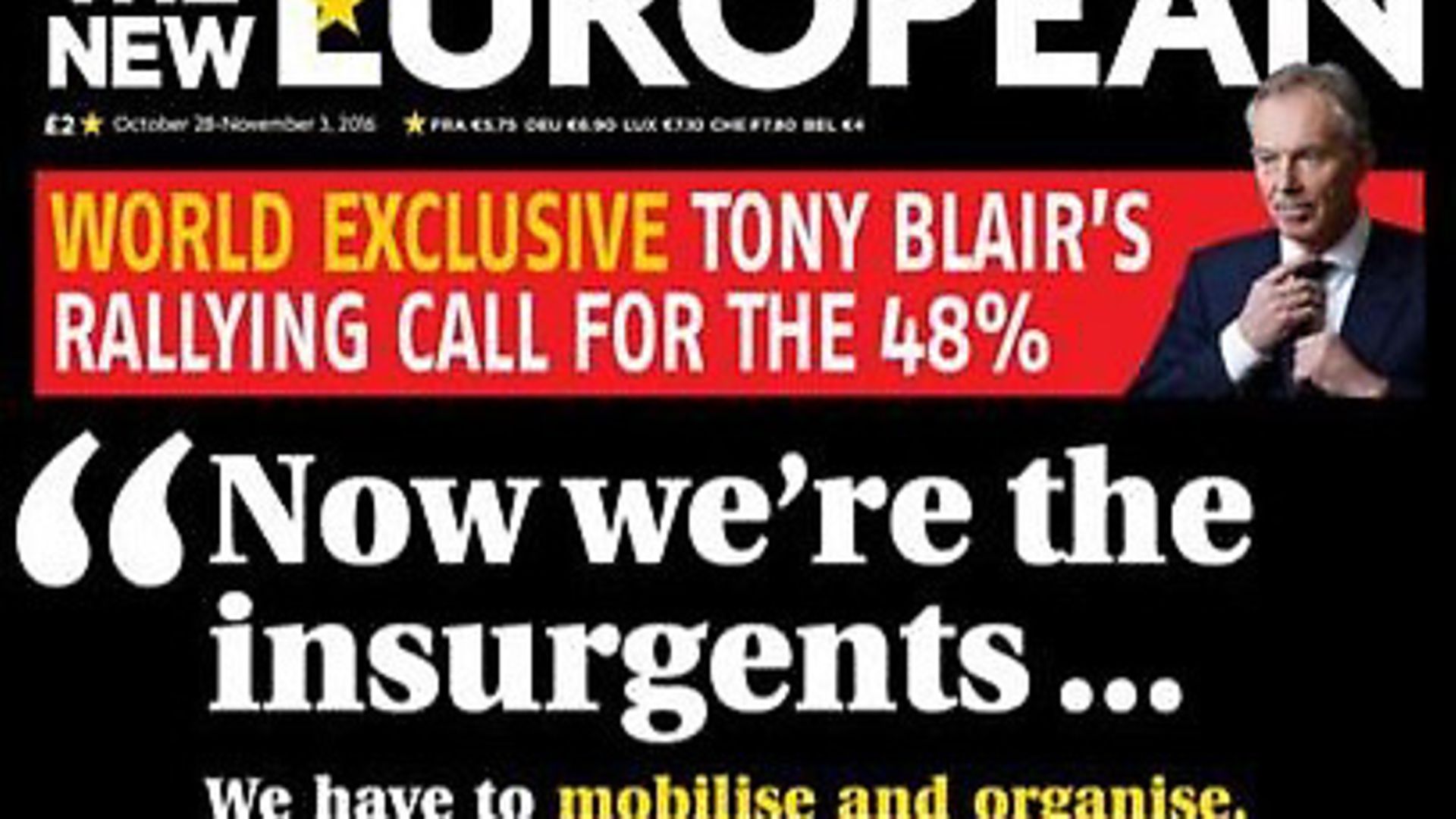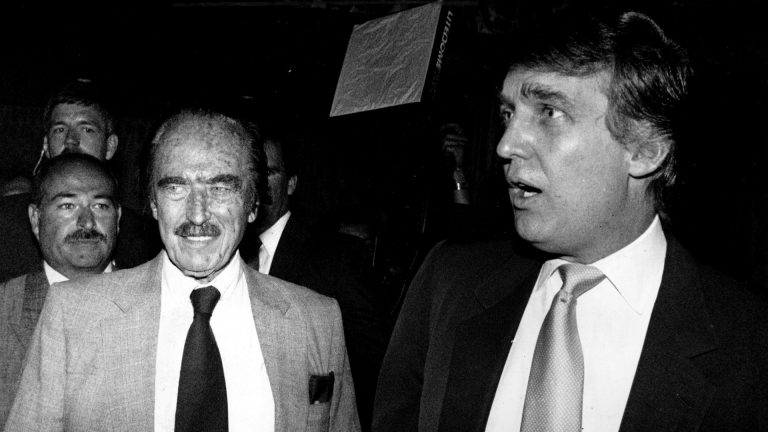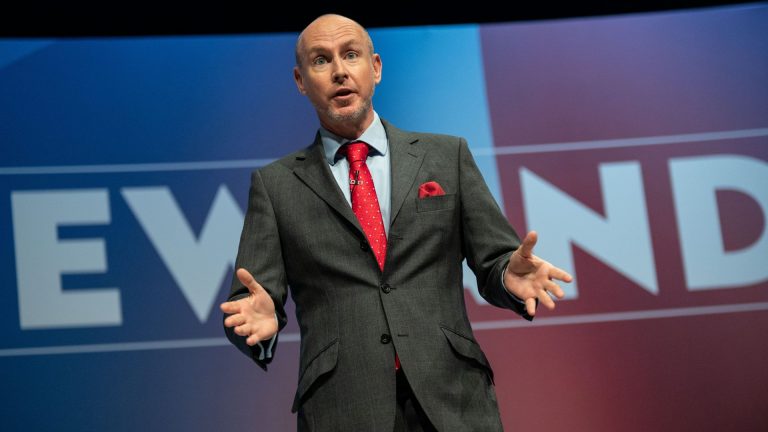
Why is it left to Tony Blair to point out the government’s Brexit failings, asks Richard Angell
She may have voted Remain, but after the country opted for Leave, Theresa May performed an about-turn to appoint herself the leader of the latter.
Her ‘Brexit means Brexit’ slogan and the appointment of Boris Johnson, Liam Fox and David Davies is supposed to reassure the 52 per cent that she is the champion they have been waiting for. It has fallen to Nick Clegg and Tony Blair to head up the 48 per cent.
Yes, the referendum has split the country in half, but considering how many were heavy-hearted Leavers or reluctant Remainers, it seems odd that the prime minister uniquely positioned to unite us seems intent on entrenching our division. The question the public will be asking is: who is speaking on behalf of all of us?
____________
Related:
Tony Blair’s rallying call for the 48%: His treatise on combatting Brexit
____________
It would be normal to look across the Commons to look for a government-in-waiting. Alas. Labour’s frontbench, with the gallant exception of Keir Starmer, have abdicated themselves from the most important issue facing the country. Labour’s leader seemed indifferent about the result of the referendum before June 23 and now, since the verdict.
Other than his ‘trigger Article 50 now’ blunder, we have barely heard a peep. Even when Jeremy Corbyn raises the issue at prime minister’s questions, he cannot even bring himself to ask all six questions on Brexit.
The latest revelation – that Corbyn has yet to hold, or even arrange, a meeting with all of his shadow Brexit ministers – compounds things further.
This creates a vacuum. Shrill reporting in the Brexit-press of reasonable statements by Blair and the like, make Labour look tone-deaf.
Considering 70% of Westminster seats held by Labour voted Leave, the party must be alert to this. Even Starmer, who has been doing an excellent job, fell into the same trap when he appeared on Peston on Sunday. As a Remainer myself, I concur when he says, ‘the economy and jobs come first, as far as [Labour] are concerned’. But Labour voters who voted Leave will only hear that Labour does not accept the importance of immigration in the referendum and that it will not act on free movement or try to get substantial change from the EU, despite the party’s protests otherwise. This threatens to create the disastrous impression that Britain’s opposition party is opposing the public, not the government.
Britain may have unilaterally ripped up our marriage certificate, as is our right, but is yet to trigger divorce proceedings. Even though our intention to leave is clear we still want to be on good terms. Considering the single market was a British creation and Britain’s participation in it is key to our economic success, it not a massive stretch of the analogy to say ‘not least for the sake of the kids’.
But hope is not lost. Neil Kinnock, who I interviewed for the November edition of Progress magazine, says the tension between single market membership and control of national borders can be squared. He believes that if the UK made ‘a proposal for a more managed system of migration, focusing on the treaty commitment to the movement of labour, that would not only serve perceived British needs but would have a much more general appeal and application in other states.’ But, he sighs, ‘that would require a positive, intelligent, productive negotiating stance. Thus far … the government fails on those grounds.’ Here lies an opportunity for the opposition – attack the government on behalf of everyone looking to May for answers.
Go for them on competence, because, as Kinnock notes, May et al will be found wanting. ‘Such has been the nature and rhetoric of the Tory government that they have diminished the trust in the UK to the point where they cannot engage in the kind of complex, productive negotiations that could produce this change,’ he says. This situation cannot stand and the consequences of the prime minister’s belligerence with our partners, soon to be neighbours, must be pointed out. Over and over.
So here is the challenge: face up to the vote and speak up for the country as a whole. Labour, the country is waiting.
Richard Angell is director of Progress, Labour’s centrist pressure group








